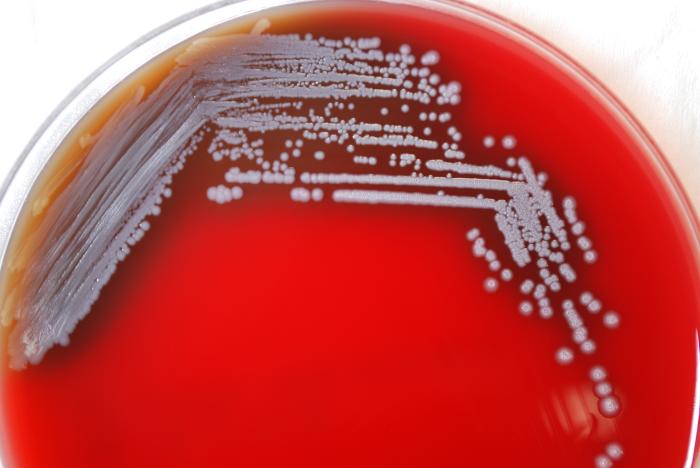Burkholderia pseudomallei, the aetiological agent of melioidosis, causes a serious and often fatal disease in humans and animals. Novel medical countermeasures (MCMs) are urgently needed for both public health and biodefense purposes.
A new study published this month in the Journal of Applied Microbiology for the first time examines the virulence and pathogenicity of aerosolised B. pseudomallei, strain NCTC 13392, in mice.
The research furthers efforts to advance animal models for testing novel MCMs for treatment of human acute and subacute melioidosis prior to human clinical trials.
In the study, the mice were exposed to varying doses of aerosolised bacteria. Acute disease was seen in animals exposed to a very‐high dose (≥103 cfu per animal) and death occurred 3‐4 days post‐challenge. Bacteria were detected in the lungs, liver, kidney and spleen. By contrast, animals exposed to a low dose (<10 cfu per animal) survived to the end of the study (day 30 pc) but developed weight loss, a bacterial tissue burden and increasing clinical signs of infection from day 20 pc onwards, mimicking a subacute form of the disease. Pathological changes in the tissues mirrored these findings.
By varying the doses of aerosolised bacteria it was possible to mimic characteristics of both human acute and subacute melioidosis, at the same time, within the same study.
Read more:
Dose‐dependant acute or subacute disease caused by Burkholderia pseudomallei strain NCTC 13392 in a BALB/c aerosol model of infection. Journal of Applied Microbiology. https://doi.org/10.1111/jam.14396.


